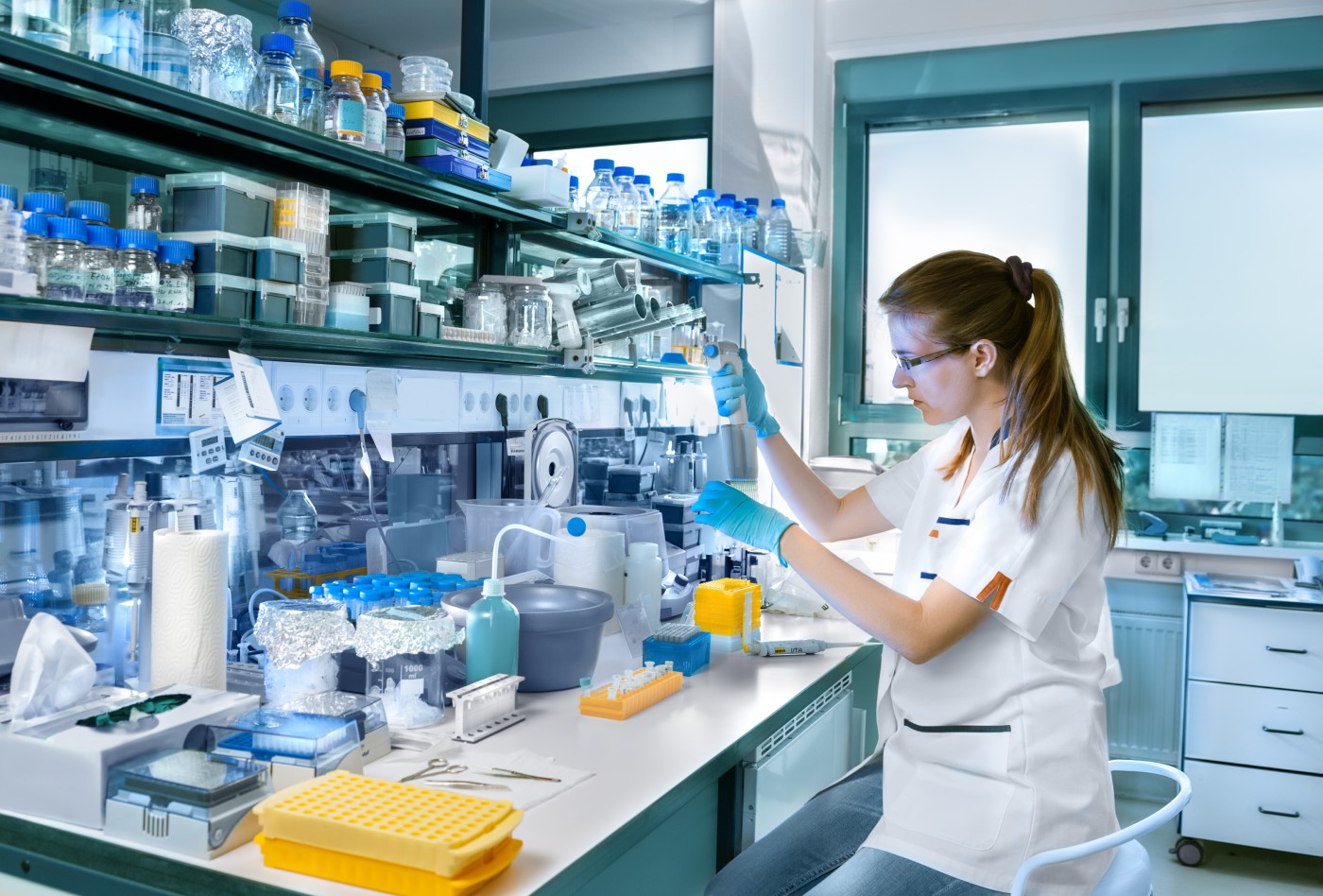High Antibody Levels in Sarcoidosis Aren’t Good Predictors of Disease Severity, Study Finds

A small study assessing antibody levels in sarcoidosis patients at the time of their diagnosis found that elevated levels did not predict a more severe disease progression.
But French researchers found that higher levels of the ACE enzyme and the involvement of areas of the body outside the lungs were associated with the need for corticosteroid treatment.
The study, “Role of serum immunoglobulins for predicting sarcoidosis outcome: A cohort study,” was published in the journal PLOS One.
Eighty patients diagnosed with sarcoidosis were included in the retrospective study and followed for two years at Rennes University Hospital in France. There were 48 women and 32 men with a mean age of 39 participating.
Researchers aimed to determine whether high antibody levels in the blood could predict the need for corticosteroid therapy (a class of drugs including cortisone, hydrocortisone, and prednisone) within the next two years, and predict the likelihood of the occurrence of relapses.
The team found that 41.25 percent of the patients in the cohort had high levels of antibodies.
Higher antibody levels were found in eight patients of Afro-Caribbean origin, and in patients with extra-pulmonary involvement (sarcoidosis affecting regions of the body outside the lungs).
Patients who required corticosteroid treatment had higher antibody levels at the beginning of the study than those who did not — an average of 13.6 vs. 12.4 grams per liter.
Of the 34 patients treated with corticosteroids, 10 relapsed. These sarcoidosis patients had higher antibody levels on average than patients who did not relapse: 15.15 vs. 12.53 grams per liter.
Angiotensin converting enzyme (ACE), an enzyme present in high levels in the blood of many patients with sarcoidosis, is used in combination with other tests to diagnose and monitor the disease.
ACE was found at higher levels in the blood of patients who required corticosteroid treatment than in those who did not, but the study’s authors emphasized that the number of patients studied was small, and that ACE levels are known to vary substantially in the general population.
“Whether ACE is a reliable marker of disease activity remains very controversial,” they wrote. “Moreover, its reliability suffers from significant individual variations even in healthy subjects, mainly due to genetic polymorphism: thus, we should remain very cautious regarding its interpretation.”
Extra-pulmonary involvement was also associated with a need for corticosteroid therapy.
“In this cohort study including 80 patients followed for two years after sarcoidosis was diagnosed, we didn’t find an association between the immunoglobulin level at baseline and the need for [costicosteroid] therapy or the occurrence of relapse,” researchers wrote.
Still, “an elevated ACE level and the presence of initial extra-pulmonary involvement were both associated with a more severe course of the disease, necessitating a corticosteroid treatment,” they added.






